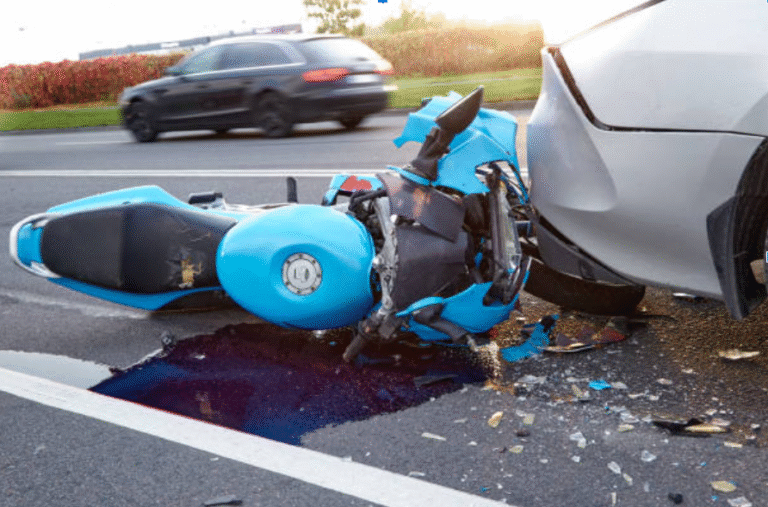From Licensing to Franchising: Your Complete Guide to Smart Business Entry
In today’s ever-evolving marketplace, the desire to own a business is stronger than ever. Whether you’re an aspiring entrepreneur or a corporate professional seeking independence, deciding how to enter the world of business is critical. Among the most effective and lower-risk models are licensing and franchising—two powerful methods that allow you to launch and grow a business without starting from scratch.
But which route is right for you? How do they differ? What are the benefits, challenges, and long-term potentials of each? In this comprehensive guide, we break down the essentials of both models and help you make an informed decision on your smart business entry.
Whether you’re launching a retail outlet, selling a product line, or providing a service, understanding the licensing vs. franchising model will help position your business for success.
If you’re ready to explore your options and discover opportunities suited to your goals and budget, check out 👉 throttllicensing.com. It’s a trusted platform where entrepreneurs can browse both licensing and franchising opportunities across industries.
What Is Licensing?
Licensing is a legal agreement where the licensor (owner) gives the licensee (you) the right to use a brand, product, patent, or intellectual property in exchange for a fee or royalty. This model is commonly seen in industries such as fashion, technology, publishing, food, and consumer goods.
For example, a toy manufacturer might license a character from a popular movie, or a software firm may license out its code to developers worldwide.
Key Features of Licensing:
- Rights to use intellectual property
- Freedom to operate independently
- Typically lower costs than franchising
- Less operational control from the licenso
See also: Digital Marketing Agency: Empowering Washington, DC Businesses in the Digital Age
What Is Franchising?
Franchising, on the other hand, involves a more structured business relationship. The franchisor provides not only the brand and intellectual property but also a complete business system—including operations manuals, staff training, marketing strategies, and supply chains. The franchisee follows this system in exchange for fees and royalties.
Franchising is popular in food service, retail, hospitality, fitness, education, and cleaning services.
Key Features of Franchising:
- Proven business model and support
- Brand recognition from day one
- Set operational procedures and training
- Regular fees (royalties and advertising)
Licensing vs. Franchising: What’s the Difference?
Understanding the differences between these models is crucial before deciding how to enter the business world.
| Feature | Licensing | Franchising |
| Control | Licensee has operational freedom | Franchisor maintains control over operations |
| Cost | Generally lower entry cost | Higher initial fees and ongoing royalties |
| Branding | Use of specific IP or product | Full brand system and identity |
| Support | Limited or none | Comprehensive training and support |
| Regulation | Less regulated | Highly regulated (e.g., FTC in the U.S.) |
| Independence | More independence for licensees | Franchisees must follow strict guidelines |
Advantages of Licensing
Licensing can be a smart entry point for entrepreneurs who want more freedom while still leveraging an existing product or brand. Here’s why it can work:
1. Lower Startup Costs
Licensing agreements usually require lower initial investments compared to franchises. This makes it more accessible for small business owners and individuals with limited capital.
2. Creative and Operational Freedom
You get access to the brand or product but still maintain control over how you market, sell, and operate your business.
3. Faster to Market
Licensing deals can often be negotiated and launched quicker than franchising setups, which involve legal disclosures and training periods.
4. Scalability
Because you retain more independence, you may be able to scale faster without approval from a franchisor.
Advantages of Franchising
Franchising appeals to those who want a structured path to business ownership, reducing trial-and-error. Here’s what makes franchising a strong contender:
1. Brand Recognition
You start with a trusted name and customer base, reducing the time and money needed for brand awareness.
2. Proven Systems
Franchises come with established procedures, vendor networks, POS systems, marketing strategies, and training—reducing the guesswork.
3. Support Network
Franchisors provide ongoing support, mentoring, and sometimes even site selection and construction help.
4. Higher Success Rates
According to multiple studies, franchises have significantly higher success rates than independent startups, especially in the first 5 years.
Which Model Is Right for You?
Choose Licensing If:
- You want more operational flexibility
- You’re experienced in running a business
- You have a unique market strategy in mind
- You prefer creative control and autonomy
Choose Franchising If:
- You want a turnkey business model
- You prefer working within a proven system
- You value brand reputation and customer trust
- You’re new to business and want guidance
Real-World Examples
Licensing:
- Disney licenses its characters to toy companies and apparel brands.
- Adobe licenses its software to creative professionals through subscriptions.
- Food & Beverage brands often license products (like sauces or frozen items) to third-party manufacturers.
Franchising:
- McDonald’s offers a complete restaurant system to franchisees.
- Planet Fitness provides gym operations, branding, and marketing support.
- 7-Eleven offers a turnkey convenience store model with proprietary inventory systems.
Key Questions to Ask Before Choosing
- What is my investment budget?
Franchises may require more capital upfront. - How much independence do I want?
Licensing gives you more creative and operational freedom. - Am I willing to follow someone else’s system?
Franchising requires strict adherence to brand and business rules. - How much risk am I prepared to take?
Franchises typically carry lower risk due to support and proven models. - Do I need support and mentorship?
If you’re a first-time entrepreneur, franchising can provide the guidance you need.
Legal Considerations
Both licensing and franchising require clear legal documentation:
- Licensing Agreement: Specifies how the IP can be used, for how long, and under what conditions.
- Franchise Disclosure Document (FDD): A legally required document (in the U.S.) that outlines franchise rules, obligations, fees, and performance data.
It’s critical to consult with a franchise or business attorney before signing any agreement.
Final Thoughts: Making the Smart Move
Choosing between licensing and franchising is a personal decision that depends on your goals, experience level, and risk tolerance. Both can lead to financial success—but they do so in different ways.
- If you’re entrepreneurial, experienced, and want freedom, licensing might be your best bet.
- If you prefer structure, support, and brand power, franchising may be the right path.
To explore opportunities tailored to your needs, browse listings on 👉 throttllicensing.com—a comprehensive platform that connects entrepreneurs with vetted licensing and franchise brands across various sectors.
Remember: the smartest business entry isn’t always the cheapest or trendiest—it’s the one that aligns with your vision, strengths, and lifestyle goals.






